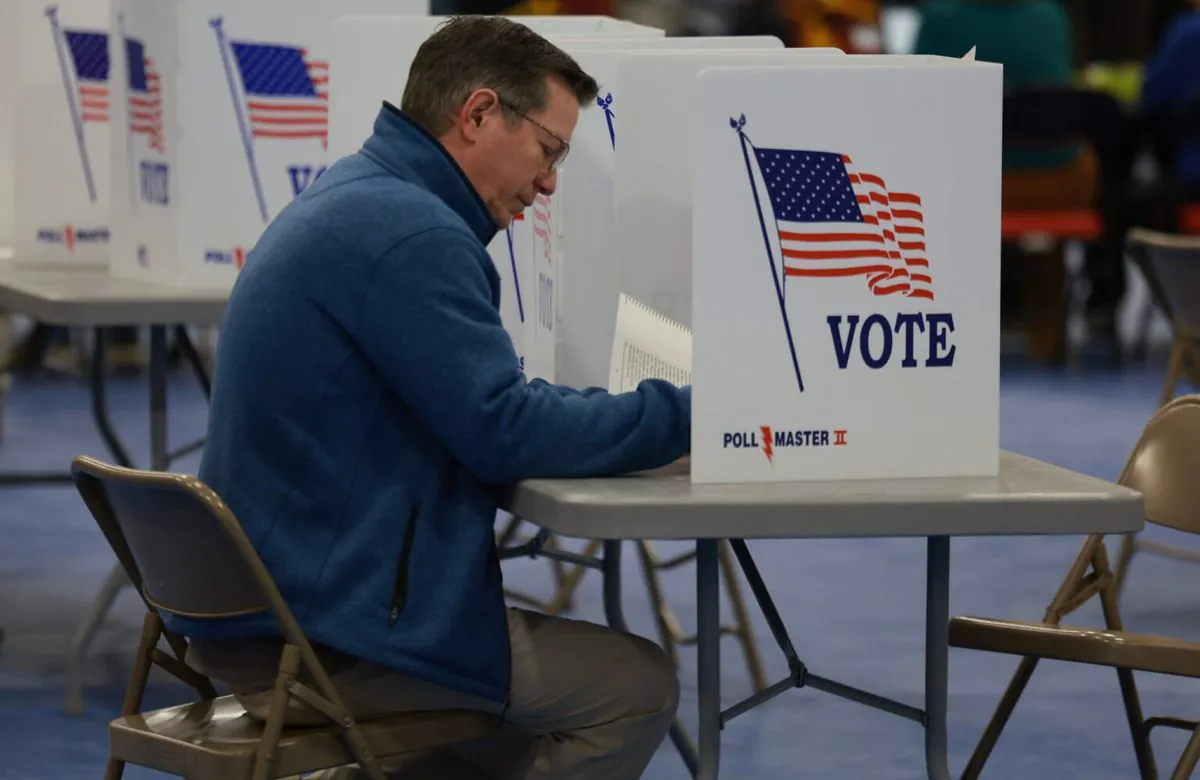North Carolina Court Allows Kennedy's Ballot Removal, Michigan Denies
North Carolina's Supreme Court approves Robert F. Kennedy Jr.'s ballot removal, while Michigan rejects it. The decision impacts election logistics and costs in North Carolina, with potential delays in ballot distribution.

In a significant development for the upcoming 2024 U.S. presidential election, the North Carolina Supreme Court has ruled in favor of Robert F. Kennedy Jr.'s request to remove his name from the state's ballots. This decision, made on September 9, 2024, stands in contrast to a ruling by the Michigan Supreme Court on the same day, which denied a similar request from Kennedy.
The North Carolina ruling, decided by a 4-3 vote, acknowledges the substantial logistical and financial implications of reprinting ballots. The court stated, "It could disenfranchise countless voters who mistakenly believe that plaintiff remains a candidate for office," emphasizing the importance of accurate ballot information.

The decision to allow Kennedy's name removal comes with significant challenges for election officials. Karen Brinson Bell, executive director of the North Carolina State Board of Elections, revealed that 27 counties had already begun printing ballots when Kennedy announced his withdrawal on August 23, 2024. The reprinting process is estimated to delay ballot distribution by at least two weeks and cost over $1 million, placing a burden on county offices already facing financial constraints.
Kennedy, a member of the prominent Kennedy political family, had requested his name be withdrawn from ballots in 10 battleground states after suspending his independent presidential campaign. His stated aim was to prevent potentially swinging the election to Vice President Kamala Harris, the Democratic nominee.
The contrasting ruling in Michigan highlights the complexity of ballot removal processes across different states. The Michigan Supreme Court determined that Kennedy "neither pointed to any source of law that prescribes and defines a duty to withdraw a candidate's name from the ballot nor demonstrated his clear legal right to performance of this specific duty."
These developments occur against the backdrop of a tightly contested race between Harris and former President Donald Trump in key battleground states. Current polling averages show Trump leading by less than one point in North Carolina, while Harris holds a one-point lead in Michigan.
"We acknowledge that the process of printing new ballots will require considerable time and effort by our election officials and significant expense to the State, but this is a price worth paying to protect voters' fundamental right to vote their conscience."
The situation underscores the intricate nature of U.S. presidential elections, where the Electoral College system, rather than the popular vote, determines the outcome. With the election scheduled for November 5, 2024, these ballot changes add another layer of complexity to an already intricate process.
As election officials in North Carolina grapple with the logistics of reprinting ballots, discussions are underway with the Department of Defense regarding a potential waiver of the September 21 federal deadline for sending overseas and military ballots. This highlights the far-reaching implications of ballot changes, affecting not only domestic voters but also those serving abroad.
The contrasting court decisions in North Carolina and Michigan demonstrate the varied approaches to candidate withdrawal across states, reflecting the decentralized nature of U.S. election administration. As the election draws nearer, the impact of these rulings on voter information and the overall electoral process remains to be seen.


































